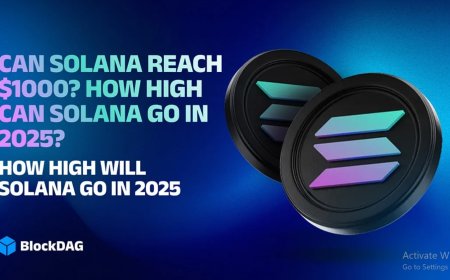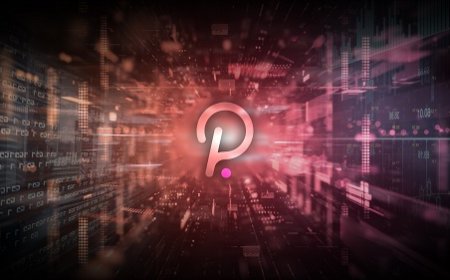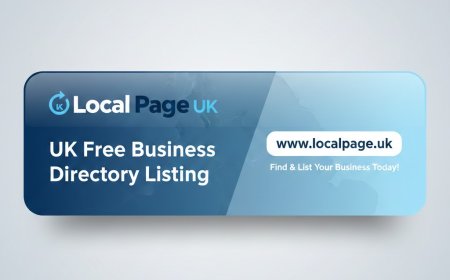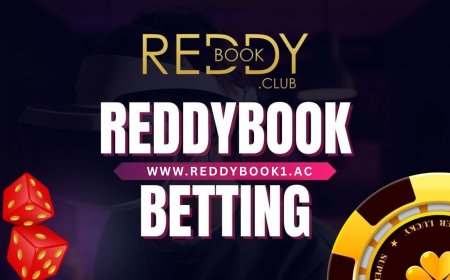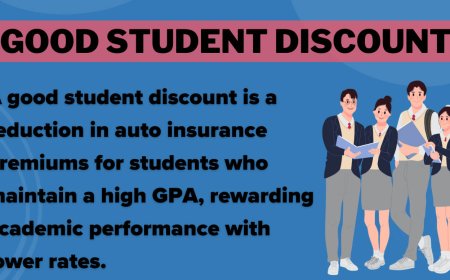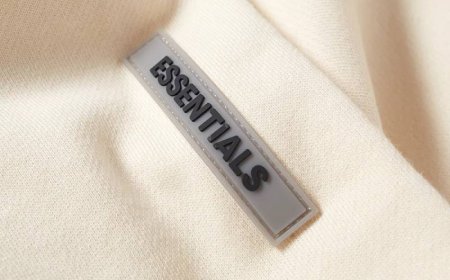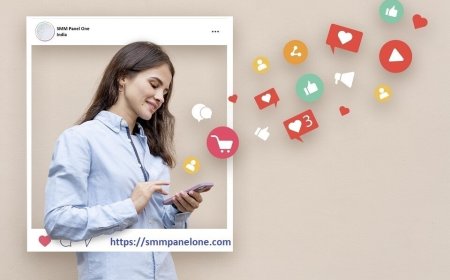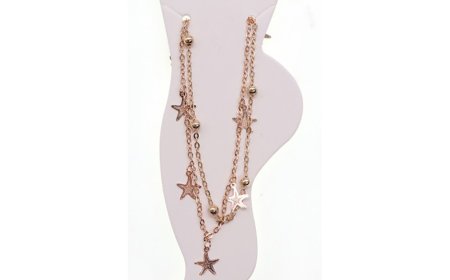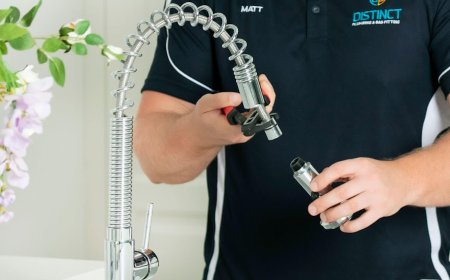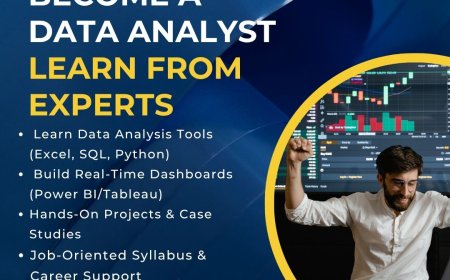Broadcast vs Podcast: Which Builds a Personal Brand Faster?
Explore the debate of broadcast vs podcast in personal brand building. This forum-style discussion examines which medium accelerates influence, audience connection, and visibility in today’s digital era.

In todays content-saturated digital landscape, personal branding is no longer a choiceits a necessity. Whether you're an entrepreneur, creator, coach, or professional, your voice and message must reach the right audience effectively. Two major platforms for amplifying personal branding are traditional broadcast media (like radio and television) and modern podcasts. But in the battle of broadcast vs podcast, which medium actually helps build a personal brand faster?
The Power of Broadcast: Reach, Credibility, and Instant Recognition
Broadcast mediaespecially television and radiohas been the gold standard for mass communication for decades. With its wide reach and long-standing credibility, appearing on a major broadcast network still carries a certain weight in the eyes of the public. When someone is featured on TV or radio, especially on a well-known channel or program, theyre often instantly perceived as an authority or expert.
For example, if you're a business coach featured on CNBC or All India Radio, your exposure is not just wideits also trusted. Traditional audiences often associate broadcast media with vetted content, which enhances the perception of your expertise.
Broadcast also provides a sense of urgency and live interaction. When someone sees you on live television or hears you live on radio, your content feels more immediate and dynamic. That urgency can spark rapid brand visibility, especially if the content goes viral or gets shared across news platforms.
The Rise of Podcasts: Depth, Niche Authority, and Direct Audience Access
On the other side of the broadcast vs podcast debate is the meteoric rise of podcasting. Unlike traditional broadcasting, podcasts offer creators complete control over content, style, and frequency. This autonomy allows individuals to build brands rooted in authenticity, niche expertise, and consistent connection with listeners.
Podcasting doesn't depend on major networks. Anyone with a microphone and a message can start a podcast and potentially reach thousandsor millions. This decentralization has democratized personal branding. You dont need to be selected to be heard. You choose yourself, build your voice, and grow an audience based on value-driven content.
Podcasts foster deeper relationships with the audience. Since episodes often range from 20 minutes to an hour, listeners spend more time with the host. That level of attention is rare in other formats and creates an intimate bond that fosters loyalty and trustessential elements for any personal brand.
Speed of Growth: Broadcasting's Big Bang vs Podcastings Compound Effect
When measuring which builds a personal brand faster, speed is a nuanced factor. Broadcast media can offer a sudden leap in recognition. A single interview on a popular television show can spike social media followers, drive website traffic, or even secure business leads overnight. It's a powerful spotlight moment.
However, this boost is often short-lived unless its backed by consistent visibility. Broadcast appearances are typically one-off events. Without repetition or follow-up content, the buzz quickly fades.
Podcasts, on the other hand, grow brands through the compound interest of consistency. Regular episodes build momentum over time. Each new episode adds value, deepens the brand story, and expands the listener base. While growth might be slower in the beginning, the long-term impact can be stronger and more sustainable.
Moreover, podcasting allows guests and hosts to cross-pollinate audiences. Interviews with other podcasters or thought leaders lead to organic expansion. This strategic networking accelerates brand building in a more grassroots but deeply engaging way.
Content Ownership and Control
In the comparison of broadcast vs podcast, content ownership plays a crucial role. Broadcast content is typically owned and edited by networks. This limits the creators control over how theyre portrayed, when the segment airs, and whether it gets replayed. If youre building a personal brand, relinquishing that control can be risky.
With podcasts, creators maintain full ownership. You decide the narrative, the tone, and the frequency. Youre not just the voiceyoure the producer, editor, and distributor. This control ensures that the personal brand remains consistent across all touchpoints.
Additionally, podcast content lives longer. Episodes are archived and easily accessible, allowing new listeners to discover your voice even years later. Broadcast content, unless recorded and shared separately, often disappears after airing.
Audience Interaction and Feedback Loops
Audience engagement is another important factor in brand building. Podcasts offer a more direct feedback loop. Listeners engage through reviews, messages, and social media. Podcasters often encourage this interaction, making audiences feel heard and included.
Broadcasting, though powerful in reach, is largely one-directional. The format rarely allows for real-time feedback or continued engagement. Unless you're part of a live call-in radio show, audience interaction is limited and impersonal.
For someone looking to build a personal brand centered on community and two-way conversation, podcasts offer a distinct advantage. Building a tribe of loyal listeners who connect with your voice regularly is far more feasible in the podcasting realm.
Monetization and Brand Affiliation
Both platforms offer monetization opportunities, but the routes differ. Broadcast media offers prestige and can lead to lucrative endorsements or consultancy roles, especially if your presence on a major network is recurring.
Podcast monetization tends to be slower but more personal. Sponsors typically align closely with the hosts brand and audience, leading to more authentic partnerships. Podcasters can also offer their own services, courses, or products, turning their brand into a business ecosystem over time.
In terms of personal brand identity, podcast sponsors often feel like collaborators rather than advertisers. This makes the messaging smoother and more consistent with the brand voice.
Conclusion: Choosing the Right Platform for Your Brand Goals
Ultimately, the debate of broadcast vs podcast comes down to your personal brand strategy. If youre looking for high-impact visibility and rapid authority, broadcast appearances can give you a fast start. But if you value depth, autonomy, and sustained connection with your audience, podcasting offers unmatched potential for long-term personal brand growth.
In the ideal scenario, both mediums can complement each other. A broadcast appearance can drive traffic to your podcast, while a strong podcast following can attract media coverage. Used strategically, both can help you build a personal brand that is visible, credible, and unforgettable.
So, in the journey of building your brand, its not just broadcast vs podcastits knowing when to use each for maximum effect.
Read Also: How NFTs are Changing the Future of Digital Ownership for Students?









